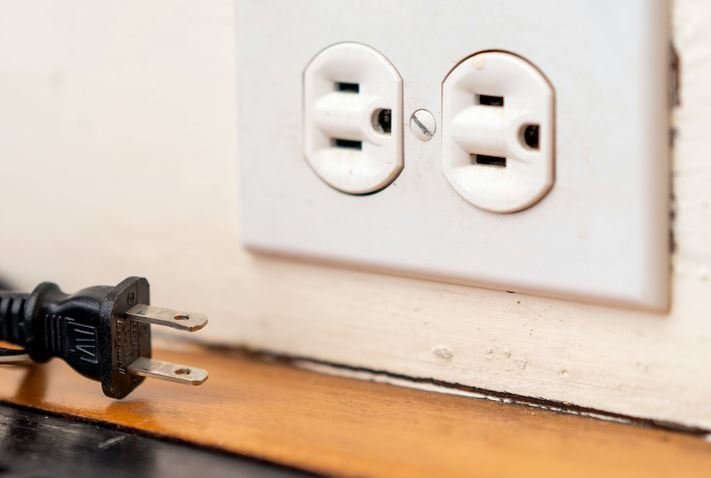Safety First: A Beginner’s Guide to Electrical Wiring in New York
Electrical wiring is a critical aspect of any construction or renovation project, and it’s important to ensure that it is done safely and correctly. In this tutorial, we’ll provide a guide to electrical wiring in New York, USA, including an overview of the rules and regulations that apply and some tips for ensuring a successful wiring project.
Before you begin any electrical wiring project, it’s important to familiarize yourself with the applicable laws and regulations. In New York, these are governed by the National Electrical Code (NEC) and the New York State Uniform Fire Prevention and Building Code (Uniform Code). The NEC sets out the minimum standards for electrical installations, while the Uniform Code provides additional requirements and guidelines for specific types of construction and occupancy.
One of the key things to keep in mind when wiring a building in New York is the need to obtain the necessary permits and inspections. Depending on the scope and complexity of your project, you may need to obtain electrical permits from the local building department, as well as have your work inspected by a licensed electrician. This is important not only to ensure compliance with the law, but also to ensure the safety and reliability of your electrical system.
When it comes to actually wiring your building, there are a few key considerations to keep in mind. First, it’s important to use the appropriate size and type of wire for the job. The NEC and the Uniform Code specify the minimum sizes and ratings for different types of wiring, based on the intended use and the distance from the power source. Choosing the right wire is essential to ensure that your electrical system is safe and efficient.
Another important aspect of electrical wiring is the use of proper grounding and bonding. Grounding and bonding help to protect against electrical shocks and other hazards, and they are required by the NEC and the Uniform Code. This involves using grounded outlets, grounding rods, and other devices to ensure that electrical currents are safely grounded.
Finally, it’s important to be aware of the dangers of electricity and take the necessary precautions to avoid accidents. Electricity can be deadly if not handled properly, and it’s essential to follow all safety guidelines and use caution when working with electrical systems. If you’re not comfortable or familiar with electrical wiring, it’s always a good idea to hire a licensed electrician to do the job.
In conclusion, electrical wiring is a critical aspect of any construction or renovation project, and it’s important to ensure that it is done safely and correctly. By familiarizing yourself with the applicable laws and regulations, obtaining the necessary permits and inspections, and taking the necessary precautions, you can ensure that your electrical system is reliable and safe. And if you need help with your electrical wiring or any other aspect of your construction or renovation project in the New York, New Jersey, or Long Island area, be sure to contact RenovationServices.com for top-quality services and expert guidance.






